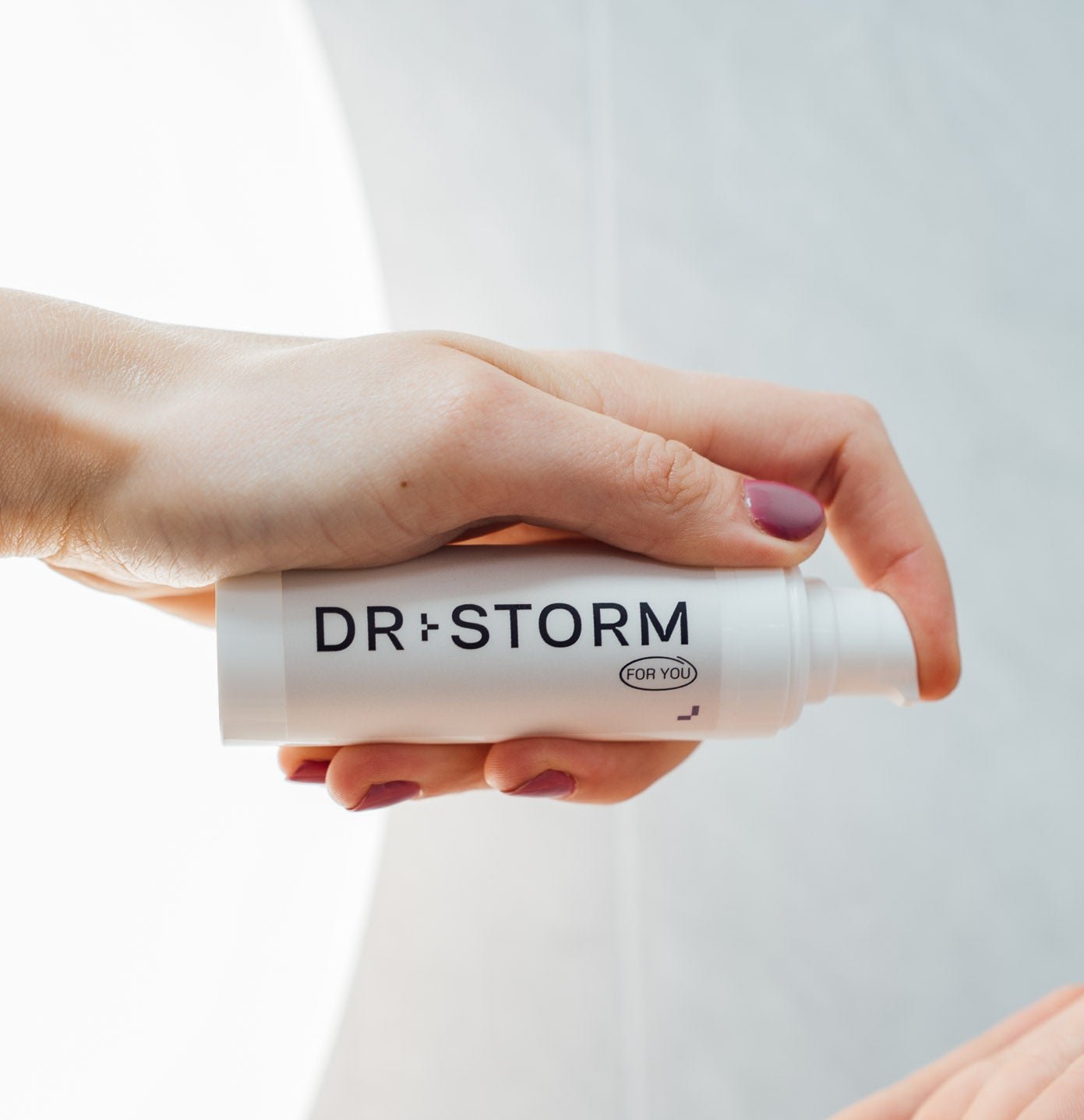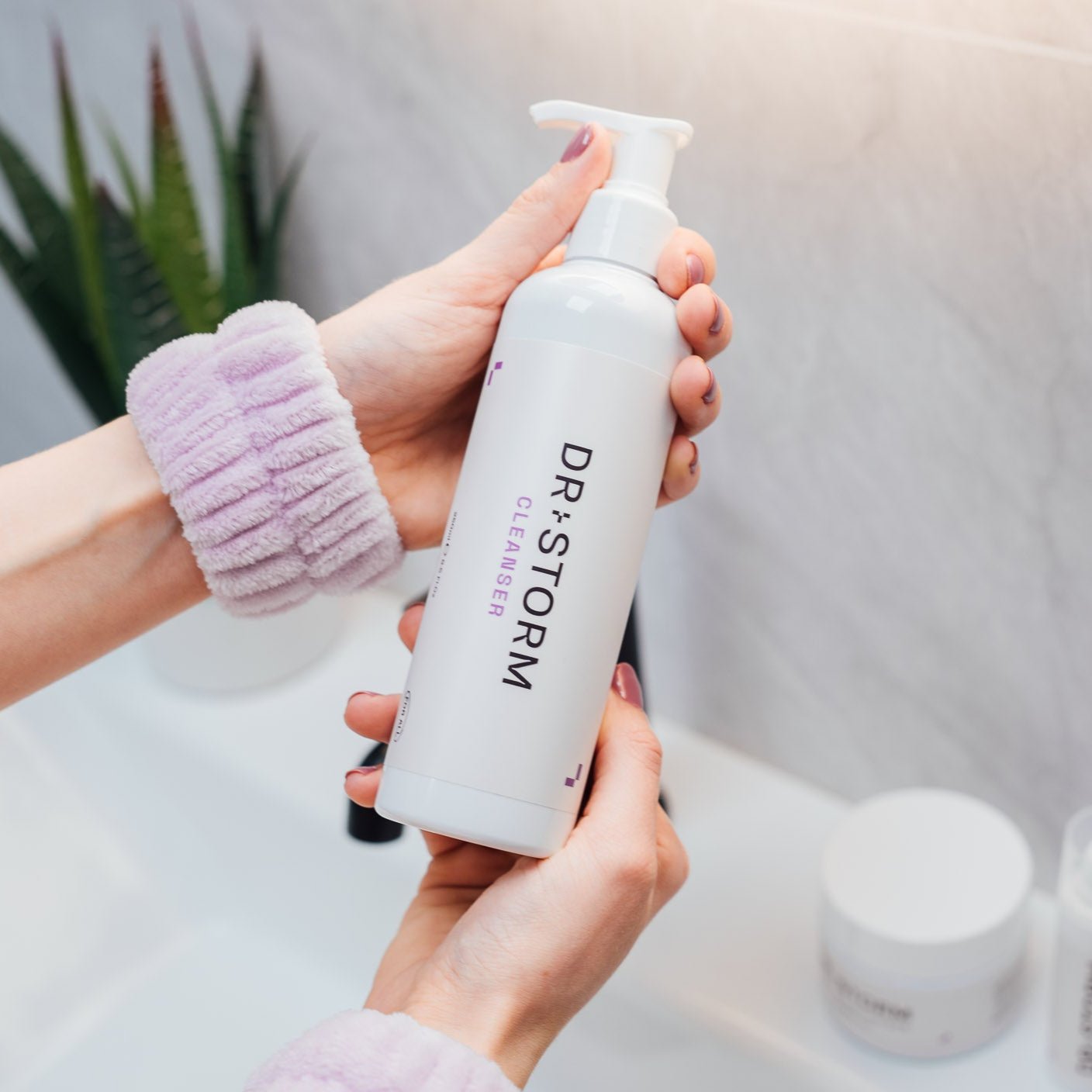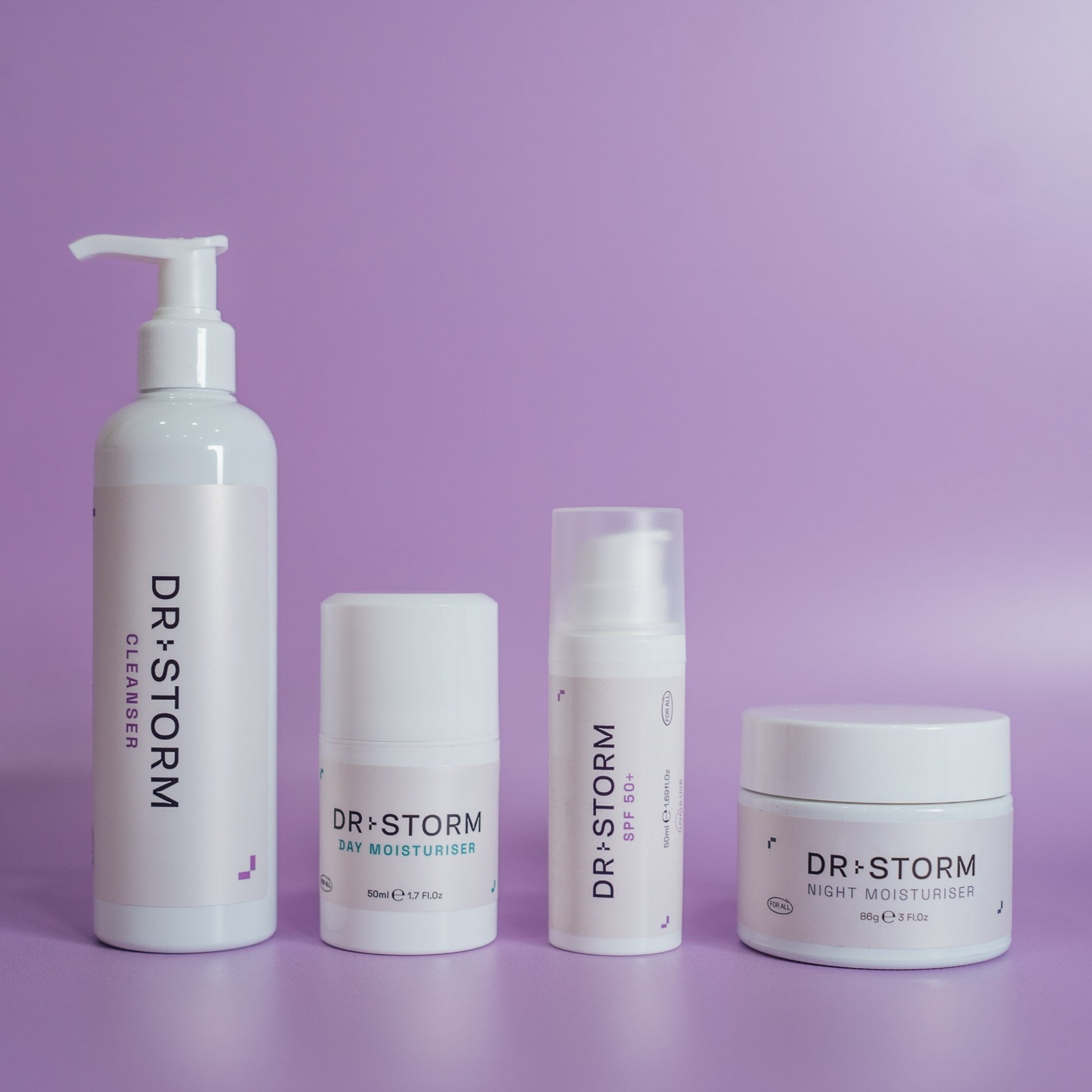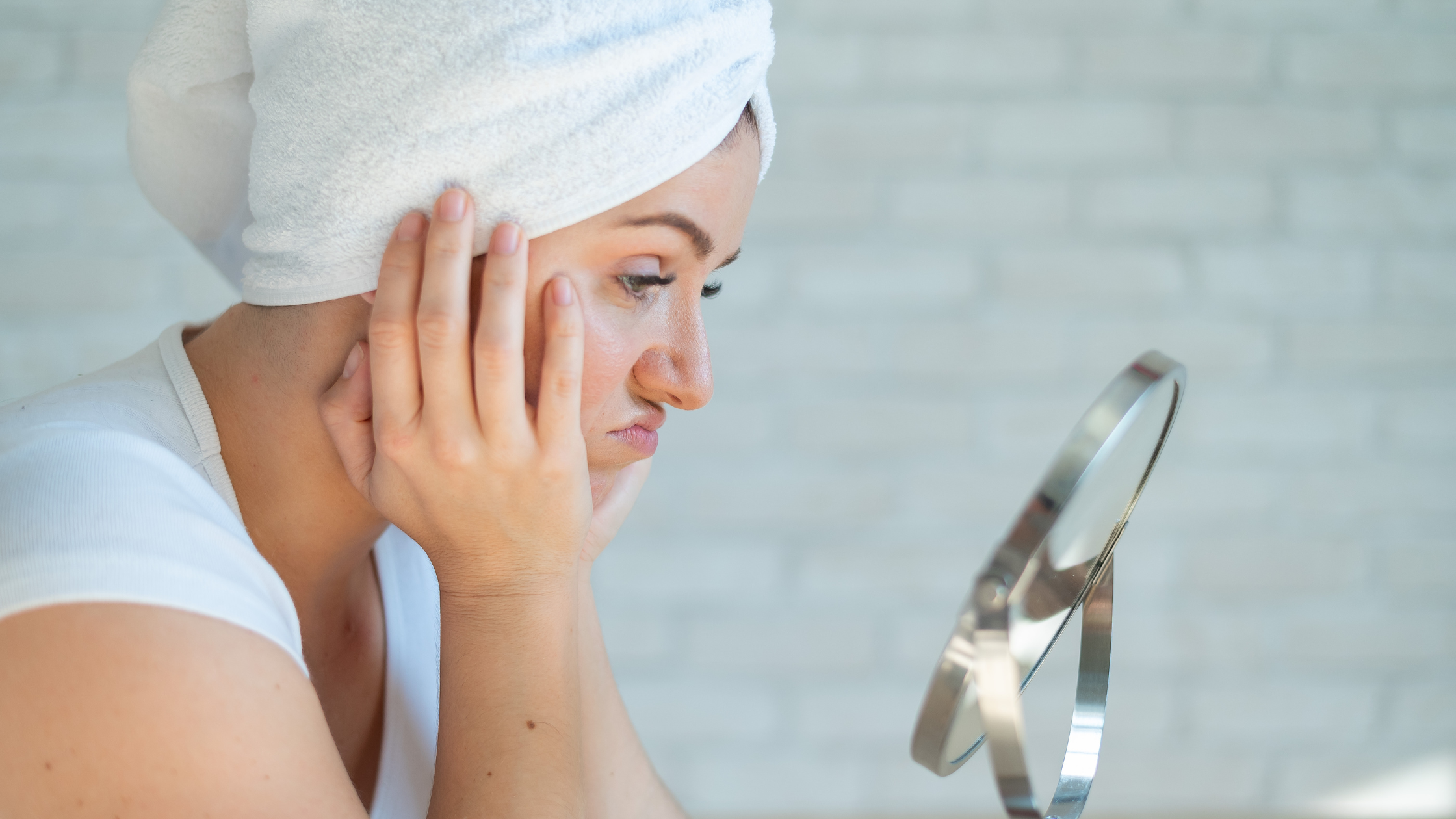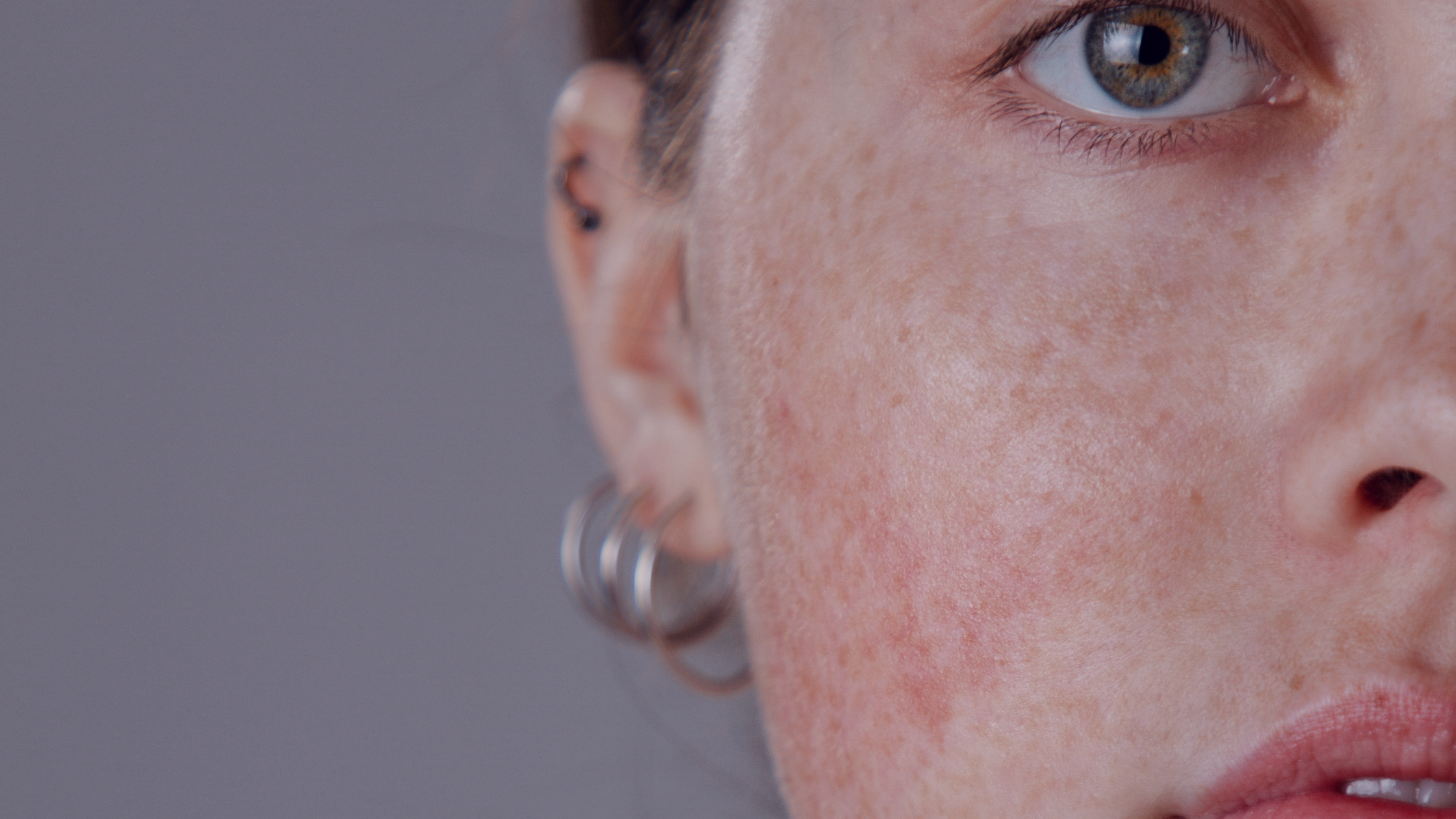In the world of skincare, few topics stir as much debate as collagen supplements. From promises of youthful, glowing skin to claims of joint health, these supplements have taken the beauty and wellness industry by storm. But do they actually work? As a no nonsense skincare doctor who relies on real scientific data, let’s break down the facts and explore how to truly boost collagen production in your body.
What Are Collagen Supplements?
Collagen is a protein that provides structure to your skin, joints, and connective tissues. As we age, our body’s natural collagen production decreases, leading to wrinkles, sagging skin, and joint discomfort. Collagen supplements—available as powders, capsules, and drinks—are marketed as a way to replenish this vital protein and slow the aging process.
Most collagen supplements contain hydrolyzed collagen (collagen peptides), which is broken down into smaller chains of amino acids for better absorption. The theory is that consuming these peptides helps your body produce more collagen. But does this theory hold water? Let’s examine the science.
Do Collagen Supplements Actually Work?
The Science: What We Know
The current research on collagen supplements shows mixed results. Some studies suggest that collagen peptides may improve skin elasticity and hydration or reduce joint pain. However, the studies supporting these claims often have small sample sizes, short durations, or funding from supplement companies, which raises questions about bias.
Here’s the key issue: When you consume collagen, your body breaks it down into amino acids during digestion. These amino acids are not pre-programmed to reform into collagen; they could be used to build muscle, repair tissues, or perform countless other functions. Simply put, your body doesn’t differentiate between a collagen supplement and a steak!
Why I’m Skeptical
The idea that collagen supplements directly rebuild your skin’s collagen is oversimplified. While they aren’t necessarily harmful, the evidence supporting their efficacy is not robust enough to warrant the hype or cost. If you’re looking to invest in your skin, there are far more proven methods.
Proven Ways to Boost Collagen Production
1. Diet and Nutrition
Instead of spending money on supplements, focus on a collagen-boosting diet:
- Vitamin C-Rich Foods: Oranges, strawberries, and bell peppers help stimulate collagen synthesis.
- Zinc and Copper: Found in shellfish, nuts, and seeds, these minerals support collagen production.
- Protein-Rich Foods: Eggs, chicken, fish, and plant-based proteins provide the amino acids your body needs.
Hydration is also essential for maintaining skin elasticity and health.
2. Topical Treatments
- Retinoids (Tretinoin): Scientifically proven to increase collagen production by stimulating cell turnover.
- Sunscreen: Protects your skin from UV damage, which accelerates collagen breakdown.
3. Medical Aesthetic Treatments
For those looking for advanced options, consider these clinically validated treatments:
- Microneedling: Creates controlled micro-injuries to stimulate collagen production.
- Morpheus8: A combination of microneedling and radiofrequency that targets deeper layers of the skin.
- Laser Treatments: Fractional lasers like BBL promote collagen remodeling.
- Collagen Banking: Starting treatments early can help maintain youthful skin for longer.
The Importance of Skincare Basics
No matter how advanced your treatments are, a solid skincare routine is non-negotiable:
- Cleanse: Remove dirt and oil without stripping your skin.
- Moisturise: Hydrate and strengthen your skin’s barrier.
- Protect: Use a broad-spectrum SPF 50 daily to prevent collagen breakdown.
Myths and Misconceptions About Collagen
Let’s debunk some common myths:
- Myth: Collagen supplements work instantly.
- Reality: Collagen production takes time, and any effects from supplements are likely subtle at best.
- Myth: All collagen products are created equal.
- Reality: There’s no regulation ensuring the quality or efficacy of supplements.
- Myth: You don’t need sunscreen if you’re taking collagen.
- Reality: UV protection is critical to preserving your skin’s natural collagen.
Takeaway: Dr. Jude’s Honest Opinion
Collagen supplements may not harm you, but the science supporting their efficacy isn’t strong enough to recommend them as a go-to solution. Instead, focus on proven methods like a nutrient-rich diet, topical treatments, and medical aesthetic procedures to boost your skin’s collagen production effectively.
Remember, great skin is a combination of science, consistency, and smart choices. Prioritise what works, protect your investment with daily sunscreen, and consult a professional for personalised advice.
Join the Conversation
Have questions about collagen or other skincare concerns? Get in touch. Together, let’s cut through the noise and focus on what truly works.

